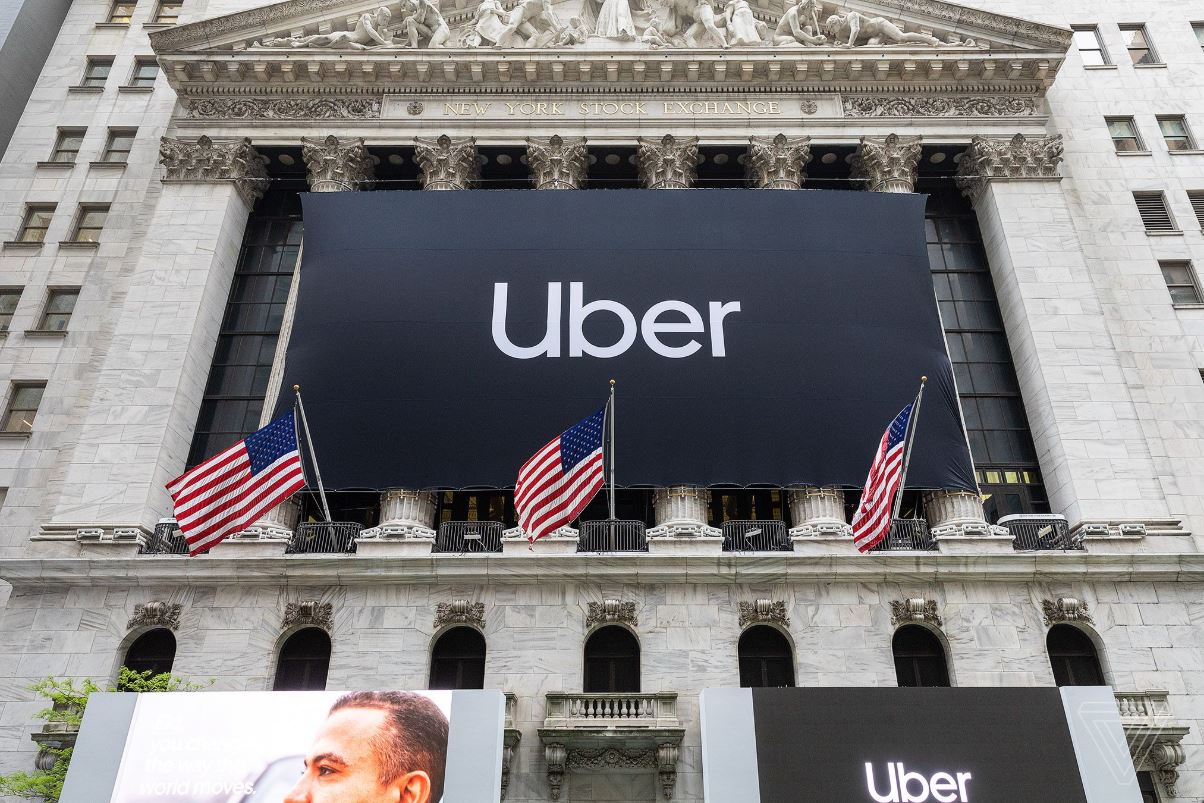Companies like Uber and Lyft have found a way to employ a large number of workforce without having any actual downsides; by claiming that they were not ’employed’ in the first place. These platforms do not consider their drivers as employees, and likes to argue that they want to operate independently as well. However, California Superior Court Judge Ethan Schulman is not buying it, and has asked both companies to reclassify the status of their drivers, and recognise them as employees.
However, this has caused havoc in the ranks of Uber, with CEO Dara Khosrowshahi noting that the company might have to stop its operation in California if the judge does not reconsider his decision.
“It’s hard to believe we’ll be able to switch our model to full-time employment quickly,” Khosrowshahi said in an interview to MSNBC, noting that the change might force Uber to flee from the state.
Khosrowshahi’s statement shouldn’t come as a surprise though. When an already loss making company is asked to take such a sudden, massive financial burden, shut down seems the only optimal way. In case Uber does decide to shut down services in California, the ruling could then be seen as more of a harm to the driver community rather than a win. Both Uber and Lyft face similar shutdown threats.
The court passed the order on yesterday, with Judge Schulman noting that the injunction will indeed be costly. He also mentioned that a change like this, that affects the entire business model of these companies and attacks them at the very roots, would change their business practices in “significant ways”. However, he thinks that these aren’t reasons enough to let the matter slide, and has thus, given the companies a 10 day ultimatum.
If Uber were to comply with the new orders, it would have to provide unemployment benefits to its employees, which, given the effect of the coronavirus, will leave a significant dent in its balance sheets. The company already declared Q2 was heavy on its pocket, and that net revenue declined 29% over the year, or 27% on a constant currency basis, and stood at $2.24 billion. With this new bill, the company’s boast that it can ‘get through 2020 no matter what,’ might just need reconsideration.





